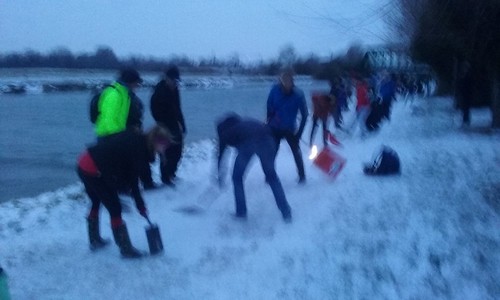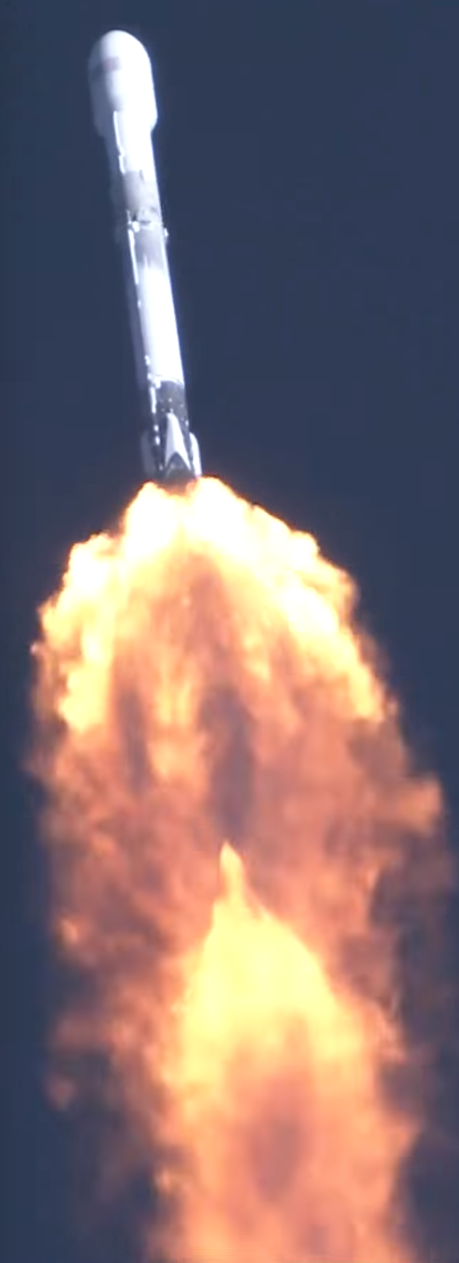 Following on from More climate suing stuff, Alsup, and Who knew what when with a side order of Para 67, there's a period of rest for the court, so let punditry thrive. Stanford law and science experts discuss court case that could set precedent for climate change litigation is mostly good, but with key problems.
Following on from More climate suing stuff, Alsup, and Who knew what when with a side order of Para 67, there's a period of rest for the court, so let punditry thrive. Stanford law and science experts discuss court case that could set precedent for climate change litigation is mostly good, but with key problems.The tutorial revealed that there is not going to be a lot of fighting about the fact that human activities are causing accelerated climate change is true, and it seems to have been a rather efficient and trouble free process. Why do you think both sides are largely in agreement on the science? gets the obvious answer "because both sides are using the same source, viz the IPCC"1. But it isn't quite obvious: Chevron could perhaps have chosen to quibble it. I'm glad they didn't; it would be stupid and unsustainable and messy; and as I've been saying for years, there are better fields to fight on. Which brings us to:
What can science tell us about whether companies or individuals are more responsible for climate change-related impacts? Mach: Science doesn’t have a single best answer... but no no no no: the correct answer is that this isn't a scientific question. Mach is apparently a research scientist, so it is perhaps natural that she attempt to provide a scientific answer, diverting over to current versus historical emissions. But that's not the line of defence that Chevron has put forward; they have put forward the rather more fundamental "FF companies producing FFs don't cause GW, people burning FFs provided to them by FF companies cause GW".
Another interesting point that strikes me, now, is that Chevron put forward a lawyer saying "we accept the IPCC". The cities put forward some well-known scientists. It was a climate tutorial, so perhaps that was fair enough, but the cities will need to pivot somewhat away from the science, if it isn't going to be a point of contention. They can't win the case on the science.
There's a nod to the propaganda aspect: the plaintiffs must show that a 50-year or whatever delay caused by the industry cover-up is the cause of damages that they are experiencing today. That’s a tall order. And speculation: testing out legal theories and strategies designed to shake the country out of its complacency and highlight the need for much more urgent and robust action.
Meanwhile, elsewhere
There's a case involving a Gorette in Roxbury, wherein Judge Mary Ann Driscoll found the defendants not responsible, saying she agreed with their argument that their actions were necessary to combat climate change... “Based on the very heartfelt expressions of the defendants who believe, and I don’t question their beliefs in any respect, who believe in their cause because they believe they were entitled to invoke the necessity defense, I’ll accept what they said,” which reads pretty weirdly to me. The idea that you can get off due to the sincerity of your belief is odd; but it was a minor case, and their "crime" had already been downgraded to parking-ticket status. But despite quasi-diligent searching I can't find the actual court proceedings, or even discover the actual case name.
[Update: astonishingly, there is some intelligent comment at WUWT on the issue.]
Notes
1. With quibbles, of course. Chevron are hewing to the conservative IPCC line; and getting a lot of flak from their opponents for not using post-IPCC-AR5 science; but this is trivia, in the great scheme of things. Indeed, it begins to seem more like a knee-jerk from people who simply knew they were going to find something in the science Chevron presented to disagree with.
Refs
* Climate Change Movement Retreats to California Courts
* Space-X: Iridium-5

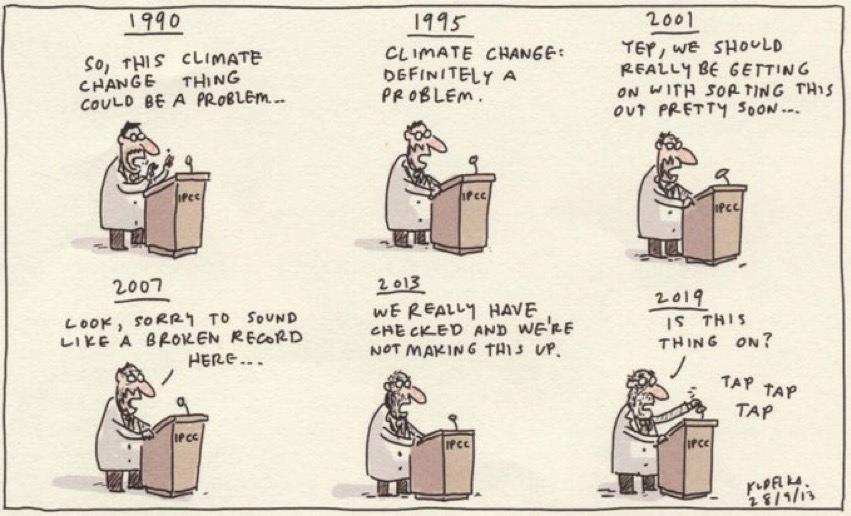



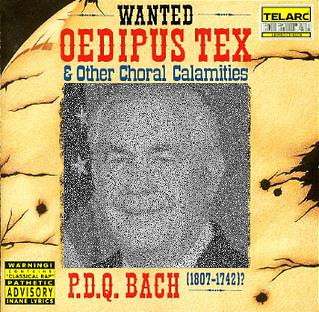
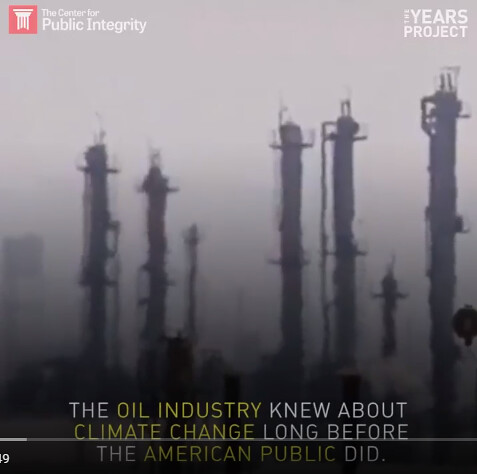
 This question came up recently; characteristically, I have forgotten where. But it reappears on
This question came up recently; characteristically, I have forgotten where. But it reappears on 

